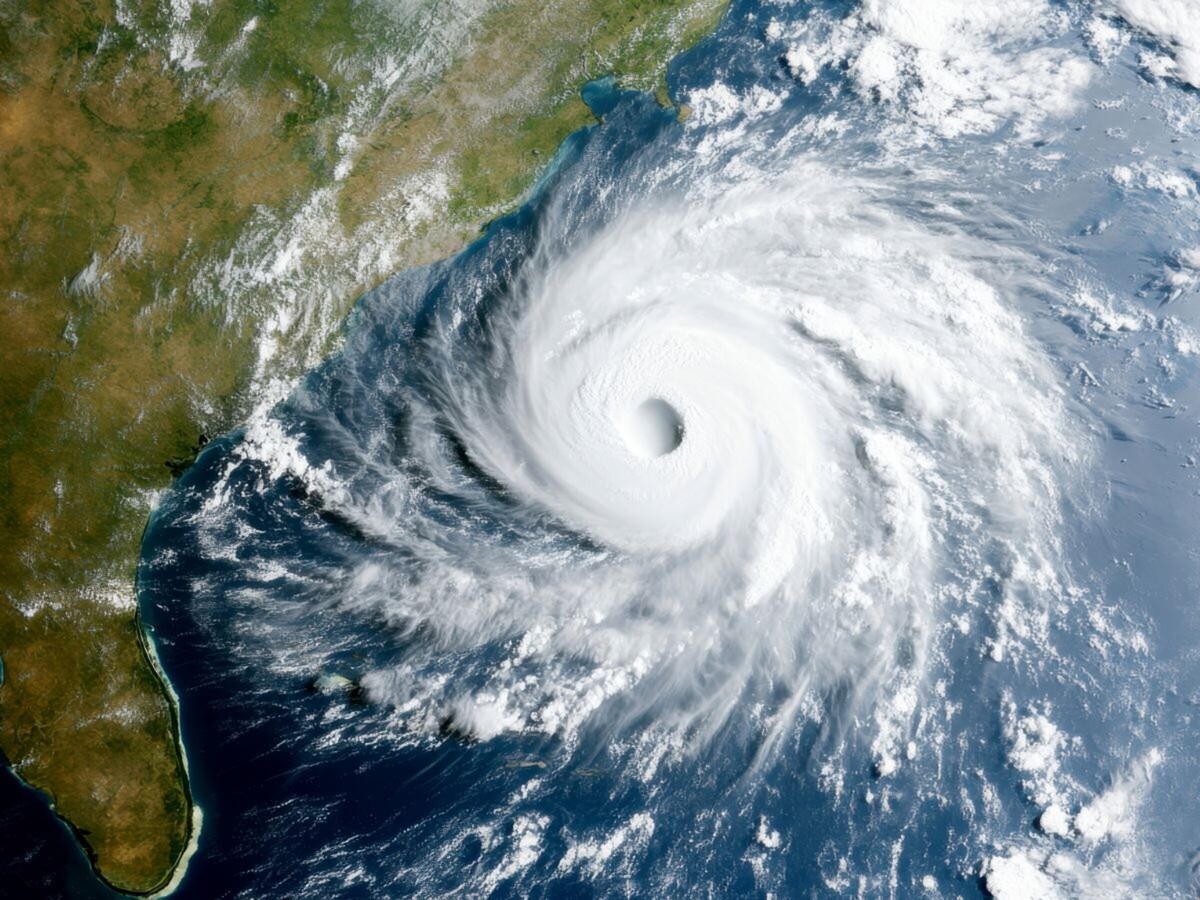New Jersey Attorney General Warns Against Hurricane Relief Charity Scams
AG Matthew Platkin and the Division of Consumer Affairs offer vital tips to help residents identify and avoid scams while donating to Hurricane Helene and Milton relief efforts.
In the wake of the devastating hurricanes Helene and Milton, which caused significant damage across the southeastern United States, New Jersey Attorney General Matthew J. Platkin, alongside the Division of Consumer Affairs, is urging residents to exercise caution when donating to relief efforts. The call to action, “Investigate Before You Donate,” highlights the necessity of vigilant giving to prevent fraudulent schemes that exploit the generosity of donors.
As residents of New Jersey and beyond look to support the victims of these natural disasters—including those affected by the resultant tornadoes, fires, and flooding—the Attorney General emphasizes the importance of informed donations.
“The enormity of the devastation caused by Hurricane Helene and Hurricane Milton is heartbreaking and for those of us viewing from afar, donating to relief efforts is a way to show our support for those suffering overwhelming losses,” said Attorney General Platkin. “Unfortunately, scammers and con artists see these tragic events as an opportunity to exploit our generosity and good will for their own benefit. We’re urging New Jersey to be wary of charity scams that divert relief funds into the pockets of fraudsters.”
“As with any tragedy or natural disaster, New Jerseyans eager to assist those impacted by Hurricane Helene and Hurricane Milton should seek out reputable charities,” said Cari Fais, Acting Director of the Division of Consumer Affairs. “Before contributing money, gift cards, or items to any relief effort, residents should always take the necessary steps to ensure their donation is actually going to help those in need.”
To assist potential donors in making safe contributions, the Division of Consumer Affairs has provided several key guidelines:
- Donate to Known and Trusted Charities: Stick with charities that you are familiar with and trust. Exercise caution when approached by charities that are new or unknown to you, and take the time to learn about their mission and practices before donating.
- Verify the Charity’s Details: Use the Division’s resources such as the Charities Hotline (973-504-6215) or the online Search For A Charity tool to verify that a charity is registered and to review its financial information. This includes understanding how much of the charity’s funds go towards actual aid versus administrative expenses.
- Be Critical of Names and Websites: Don’t be deceived by a charity’s impressive name or professional-looking website. Some fraudulent organizations use names similar to reputable ones to mislead donors.
- Resist Pressure to Donate Immediately: Legitimate organizations will not pressure you to make a quick donation. Take your time to make informed decisions and avoid entities that require on-the-spot giving.
- Understand Fundraising Costs: Inquire about whether the charity uses professional fundraisers and what percentage of your donation will directly support the relief efforts.
- Beware of Phishing Scams: Be cautious of unsolicited emails that request your credit card details or personal information, claiming to be from a charity. This tactic, known as “phishing,” can lead to identity theft. Verify the authenticity of the charity and the email by contacting the charity directly through recognized channels.
These guidelines are not just precautions but necessary steps to ensure that every dollar donated reaches those truly in need and contributes effectively to the recovery efforts. As the community rallies to support the affected regions, understanding these principles can prevent New Jerseyans from falling victim to scams and ensure their donations provide maximum benefit to the hurricane victims.















